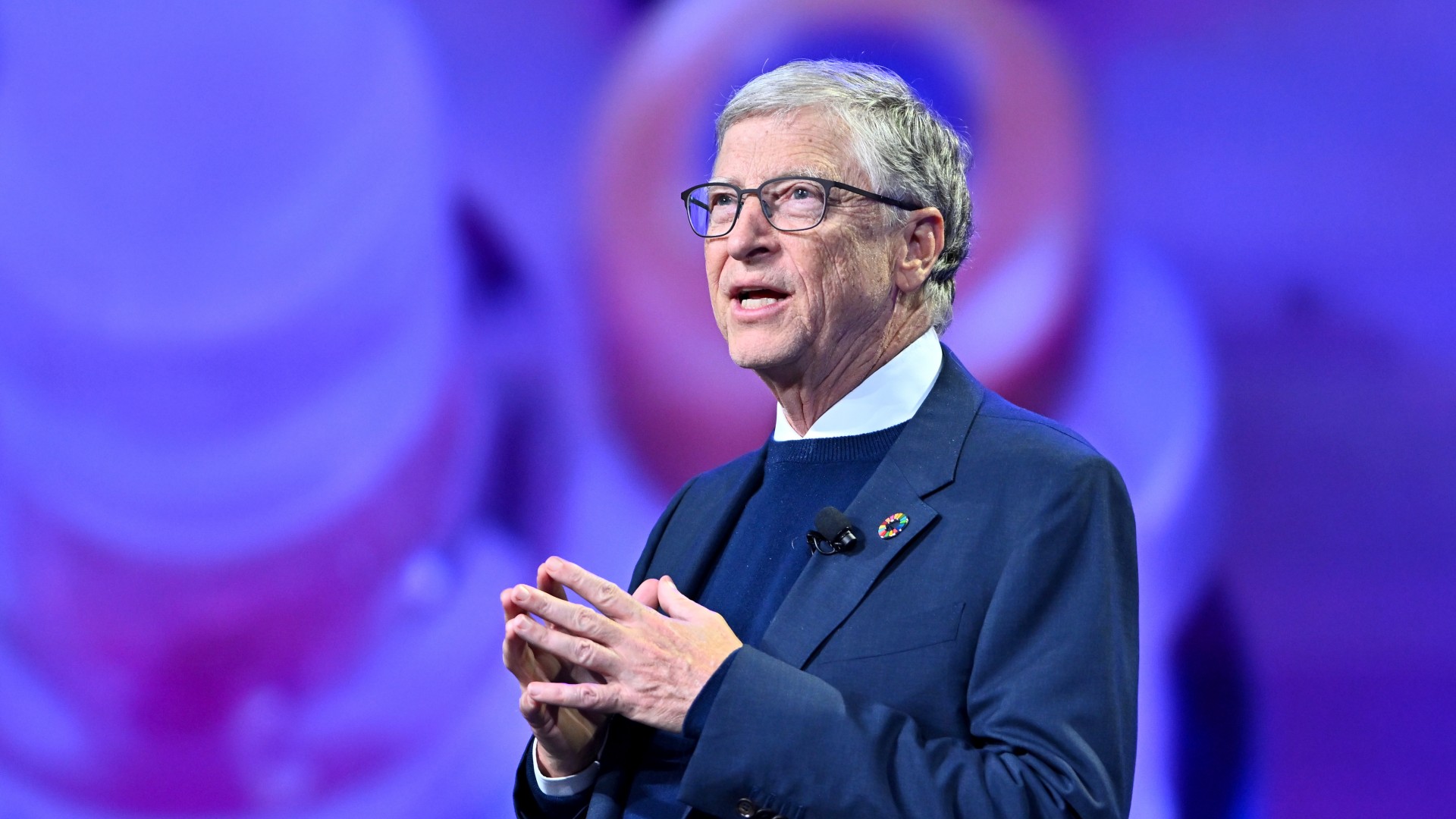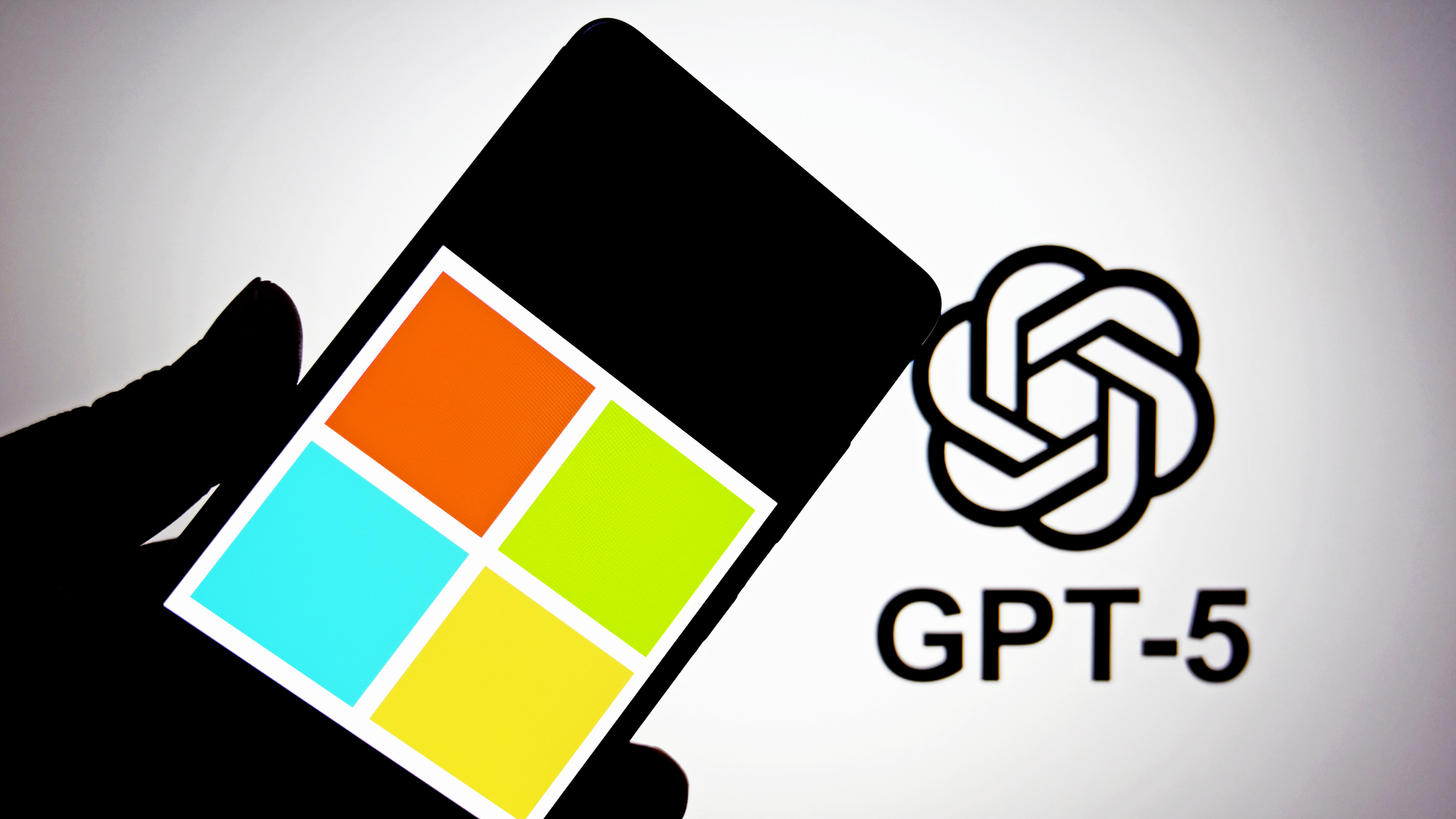Developer Offer
Try ImaginePro API with 50 Free Credits
Build and ship AI-powered visuals with Midjourney, Flux, and more — free credits refresh every month.
Was Bill Gates Right About OpenAI Hitting A Wall

Over 2 years ago, Bill Gates claimed that OpenAI's technology had reached a plateau, indicating that GPT-5 wouldn't be significantly better than GPT-4. (Image credit: Getty Images | Roy Rochlin, Stringer)
The Hype vs The Reality GPT5s Troubled Debut
The anticipation for OpenAI's GPT-5 was immense. The company promoted its new model as the smartest AI yet, comparing it to an entire team of PhD-level experts and promising next-generation features in coding, writing, and even medicine. CEO Sam Altman fueled the hype, suggesting that a tool "smarter than the smartest person you know" would soon be in our pockets.
However, the reality of the launch has been far from smooth. Following its release, OpenAI has faced significant backlash from users who were also frustrated by the abrupt deprecation of previous models. The user experience has been widely criticized as buggy, glitchy, and unresponsive. One user bluntly stated, "They have ruined ChatGPT."
In response to the criticism, Sam Altman announced several updates to address the rocky rollout. These include doubling the rate limits for ChatGPT Plus users, allowing them to continue using the older GPT-4o, and providing more transparency about which model is active. Altman attributed the poor initial performance to a broken autoswitcher, which he claimed made the model appear less intelligent than it is.
A Skeptical Prediction from Bill Gates
While OpenAI scrambles to fix the issues, the situation brings to mind a prescient warning from Microsoft co-founder Bill Gates. Over two years ago, long before GPT-5 was a reality, Gates expressed skepticism about the future of AI's progress. In an interview with the German newspaper Handelsblatt, he argued that GPT technology had reached a plateau.
Despite acknowledging the incredible leap from GPT-2 to GPT-4, Gates was doubtful that OpenAI could replicate that success with its next model. He predicted that generative AI development had peaked with GPT-4 and that OpenAI was hitting a ceiling. As reported by The Indian Express, this contrasts sharply with Altman's confident promises that GPT-5 would be substantially smarter than its predecessor, a model he himself admitted "kind of sucks."
Today, many users seem to agree with Gates' two-year-old assessment, describing GPT-5 as barely an improvement over GPT-4. Gates also noted the enormous cost associated with this technology, stating, "The costs for computing power or semiconductors remain enormous."
Has AI Development Hit a Plateau

(Image credit: Getty Images | LightRocket)
This isn't the first time the idea of an AI development wall has surfaced. Last year, reports claimed that top AI labs like OpenAI, Google, and Anthropic were struggling to advance their models. This struggle was attributed to a shortage of high-quality training data and the sheer expense of staying competitive.
However, industry leaders have pushed back against this narrative. Sam Altman flatly denied the claims, stating, "there is no wall," implying that OpenAI had not exhausted its resources for training more advanced models. Similarly, former Google CEO Eric Schmidt expressed confidence that progress would continue, noting that "there's no evidence that the scaling laws have begun to stop."
With GPT-5's troubled launch, the debate is more relevant than ever. It remains to be seen if OpenAI can deliver on its initial promises and address the widespread user complaints. What are your thoughts on OpenAI's current situation? Let us know in the comments.
Compare Plans & Pricing
Find the plan that matches your workload and unlock full access to ImaginePro.
| Plan | Price | Highlights |
|---|---|---|
| Standard | $8 / month |
|
| Premium | $20 / month |
|
Need custom terms? Talk to us to tailor credits, rate limits, or deployment options.
View All Pricing Details

